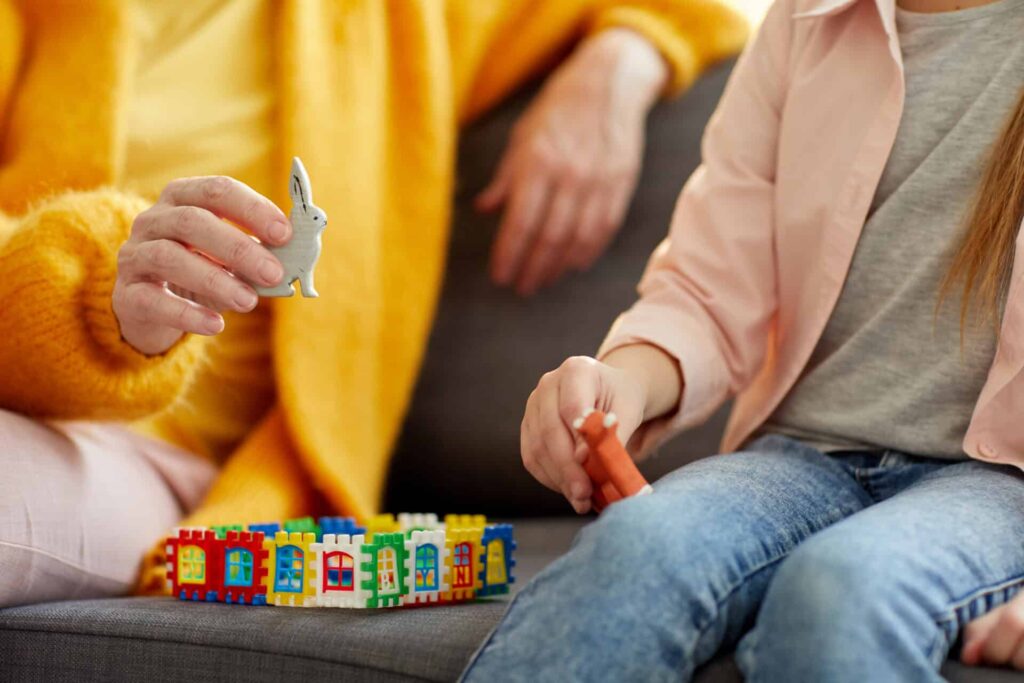What Are the Effects of Divorce on Men?
Divorce is emotional and can leave the parties involved drained, frustrated, and exhausted. Quitting a marriage that was once a happy place is never easy and can cause an upheaval. However, the effects of divorce are more significant on men than women.
Many men experience an initial sense of relief, but it soon fades away, leading to stress, anxiety, and depression associated with the divorce. These negative emotions affect a man’s identity, routines, and social relationships. Lawyers from a reputable family law and estate planning law firm in San Antonio explain why men find it harder to cope with divorce.
1. Most Men Blame Themselves for the Divorce
It takes two to tango, and divorce is often a two-way street. Both parties have their share of failures or contributions that lead to a failed marriage and blame for the divorce. However, men usually bear the brunt of the failed relationship, despite being caring husbands and family men.
The most common symptoms of self-blame are guilty, shame, and anxiety. Divorce brings with it a sense of betrayal, loss, and anger. If left unaddressed, these symptoms could lead to long-term mental distress. If you’re harboring self-blame after a divorce, talk to your divorce lawyers in San Antonio. They could refer you to a reputable therapist to help you cope with the emotions.
2. Men Suffer Identity Crisis
The identity of being a husband and family man is significant and has a lot of meaning for men. Marriage status is one of the most crucial determinants of self-identification and social recognition. When men divorce, they consider their status lost and find creating new social connections and partnerships challenging.
3. Men Ignore Their Health
Men habitually ignore their health even when married, and the problem worsens after a divorce. Some stop eating correctly or develop eating disorders. They may also abandon their fitness activities, leading to weight fluctuations.
Anxiety and raised stress levels may lead to poor heart health. Some men may try to self-medicate to start feeling better, leading to further health complications. While these symptoms may also be present in women, divorce lawyers in San Antonio report seeing them more often in men.
4. Men Skip the Grieving Process
Divorce is painful because you lose the person who has been a life partner and a confidant for a long time. So, it’s only natural to grieve the loss, but men often skip the process. When this happens, their plans are derailed, their goals change, and their dreams get out of reach. They also bottle up their emotions and lose touch with the self, which takes a mental toll on them.
On the contrary, women take time to process emotions and grieve, which is a healthy emotion to help them move on. Unlike men, they also seek professional support to help them process changes and their new emotional state.
5. Men Move on Too Fast
Some men feel they need to get back into the dating game as soon as possible for unexplained reasons. A possible explanation is that a man who was accustomed to having a partner doesn’t want to be alone. They want someone to act as a mother and wife around them, which is unhealthy because they don’t have time to process the divorce.
Sadly, it’s often hard to pick a top-notch partner when you’re at your worst and distressed. The new partner may take the edge off but not solve the existential loneliness, further complicating the situation. Men tend to look for someone who reminds them, maybe subconsciously, of their first wife, which leads to repeating the same mistakes. This may be part of the reason why second marriages fail at a significantly higher rate than first marriages. If you’re a man going through a divorce and considering a new relationship, you may need time to think through this decision to cope with divorce better. It would not hurt to take the time to learn better communication skills as that is often a cause of failed marriages.
How Men Can Better Cope with Divorce
Divorce may seem like the end of life, but it isn’t. There is always the possibility of starting afresh and making the most out of the situation. Divorce lawyers in San Antonio offer the following tips for relieving stress during and after divorce:
Give Yourself Time and Space
Losing your partner through a divorce is like any other loss, and you have the right to grieve it. Take comfort in knowing there’s a possibility to rebuild your life even after being worst hit by the events surrounding your divorce. You don’t have to man up for everything in life, so take your time and space to process the emotions and overcome the loss at your own pace.
Be Intentional About Your Health and Diet
Stress, anxiety, and depression can take a toll on your body and mind, denying you the opportunity to check your health. Despite what you’re going through, focus on having a healthy diet and add plenty of exercises and rest to your routine. Foods rich in omega fatty acids can help you fight stress. Strive to drop unhealthy eating habits and make room for fruits instead.
Maintain Respect with Your Ex-Spouse
Despite how bad the relationship with your ex-spouse might be during the divorce, try to treat them with respect, especially if you hope for an amicable resolution of the divorce. Try to focus on their good traits, rather than on how unfair they may be now. That way, the situation will be less hurtful emotionally and financially. Maintaining a cordial relationship also hurts your children less.
An Experienced Divorce Lawyer Helping You Process Your Emotions During a Divorce
Breakups and divorce are hard for everyone involved, but men are the most brutally hit. If you’re a man going through a divorce, ensure you have a strong support network to help you cope. It also helps to have a skilled legal representative from a top-rated family law and estate planning law firm in San Antonio to help you deal with the legal issues of divorce.
At South TX Family Law Firm, we have skilled and compassionate divorce lawyers who can protect your rights and help you gain favorable results in your divorce. We can provide the support you need to move on to the next stage of your life as quickly as possible. Call us at (210) 775-0353 to talk to a professional.






